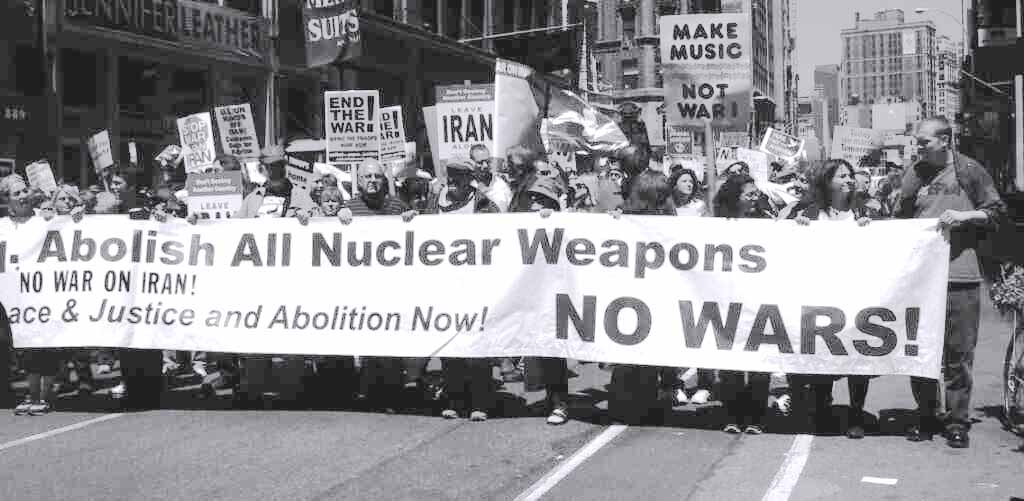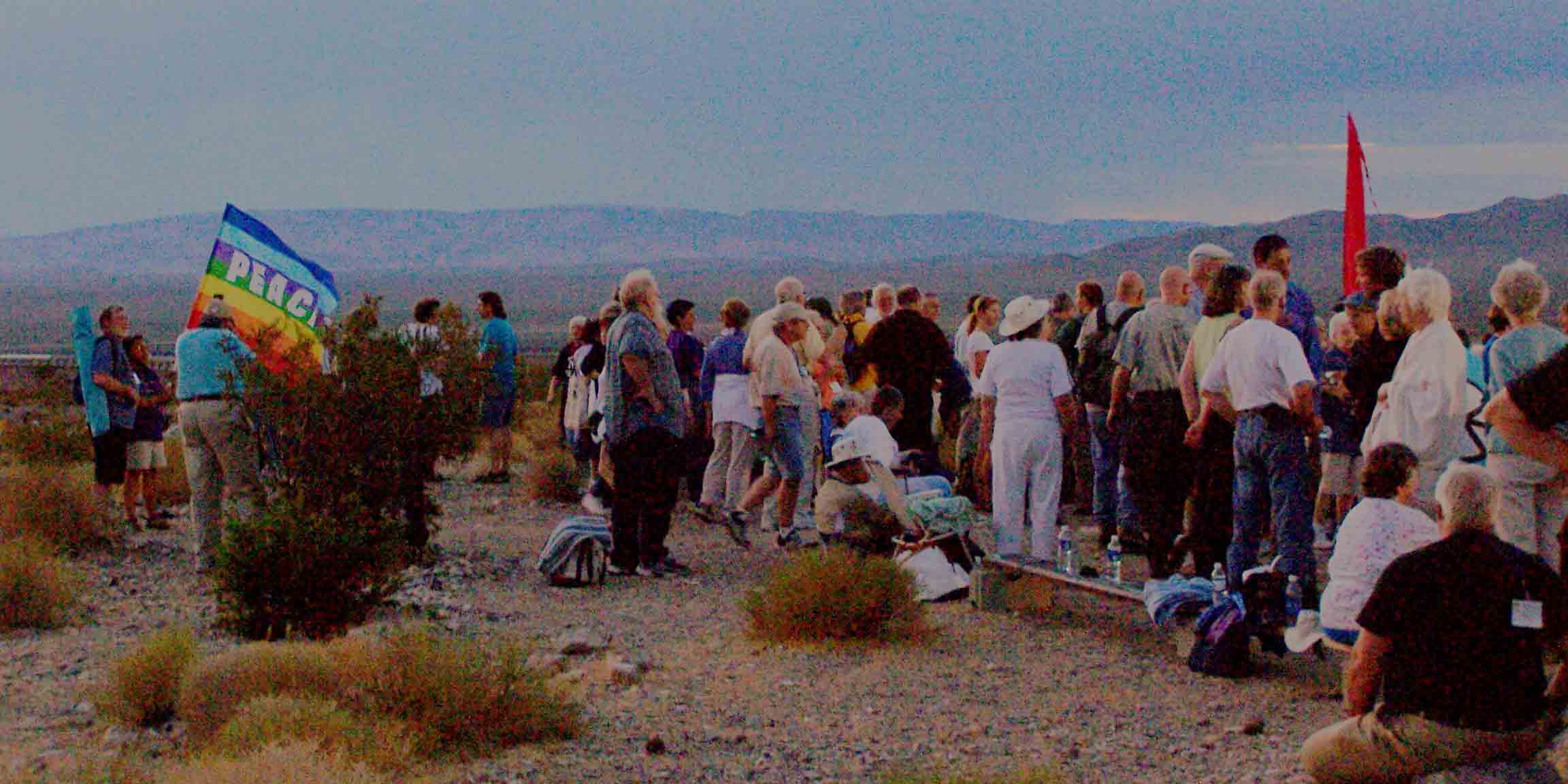John Burroughs
The most important step in the current U.S./Iran crisis is for the two sides to talk. Senator Lugar and others agree. It sounds doable, right? But the reality is that the United States and Iran have not been talking in any in-depth, sustained way since the 1979 revolution and the hostage crisis. In the negotiations between the E3 (Britain, France, Germany) and Iran in 2004-2005, the United States was on the sidelines. It was hailed as a breakthrough when Secretary of State Rice just approved those negotiations. But the United States was not there to engage on its priority issues — Iranian support for Hamas and Hezbollah, Iranian policy towards Israel, human rights — nor on priority issues for Iran — its uranium enrichment program, an end to existing U.S. sanctions, security assurances. The Bush administration did, however, exact a price for its backing of the negotiations that virtually assured their failure — that Iran would not be permitted to engage in any uranium-enrichment related activities whatever in the foreseeable future.
In an interview with Amy Goodman of Democracy Now following up on his New Yorker article, Seymour Hersh made the point about the failure to talk vividly:
What’s amazing, Amy, about this is this, and what always surprises me about my country is, here we have a president that doesn’t talk to people he disagrees with. And anybody who’s been around little boys, big boys, knows that when they get out of control, you grab them. If you’re a nursery school teacher, you grab the little four-year-olds by the scruff of the neck, and you pull them together, and you say, ‘You two guys, shake hands and make up, and go play in the sandbox.’
Bush doesn’t talk to people he’s mad at. He doesn’t talk to the North Koreans. He didn’t talk to the insurgency. When the history is done, there were incredible efforts by the insurgency leaders in the summer of 2003. I’m talking about the Iraqi insurgency, the former Sunni generals and Sunni and Baathist leaders who were happy to see Saddam go, but did not want America there. They wanted to talk to us. Bush wouldn’t. Whether it got to Bush, I don’t know, it got in to four stars. Nobody wanted to talk to them. He doesn’t talk to the president of Syria; in fact, specifically rejects overtures from al-Asad to us. And he doesn’t talk to the Iranians. There’s been no bilateral communication at all.
Iran has come hat-in-hand to us. A former National Security Council adviser who worked in the White House, Flynt Leverett, an ex-C.I.A. analyst who’s now working at Brookings, wrote a piece a month or so ago, maybe six weeks ago, in the New York Times, describing specific offers by the Iranians to come and ‘let’s deal.’ Let’s deal on all issues. I’m even told they were willing to talk about recognizing Israel. And the White House doesn’t talk. And it’s not that he doesn’t talk, it’s that nobody pressures him to talk. There’s no pressure from the media, no pressure from Congress. Here’s a president who won’t talk to people he’s walking us into a confrontation with.
With other NGOs, Michael Spies and I, on behalf of Lawyers’ Committee on Nuclear Policy, have been meeting with diplomats from the countries on the Security Council and other key countries. We’re picking up indications that there’s a desire to get the United States and Iran talking. There’s also a feeling that the E3, who are nursing grievances over what they regard as Iranian misbehavior during the negotiations, need to get over it and find a way to engage both Iran and the United States.
Let’s say that the United States and Iran did talk, either bilaterally or in a wider setting, for example in the context of a proposal Britain would like to see put forward by the E3 plus Russia, China, and the United States. Are the issues regarding Iran’s nuclear program capable of resolution? It certainly seems possible, assuming the United States is willing to drop the posture of simply delivering to Iran the ultimatum that it must cease all enrichment-related activities. It should be stipulated that this all would have been much easier before Ahmadinejad came into office. He continues to stoke the fires of confrontation. (more…)








